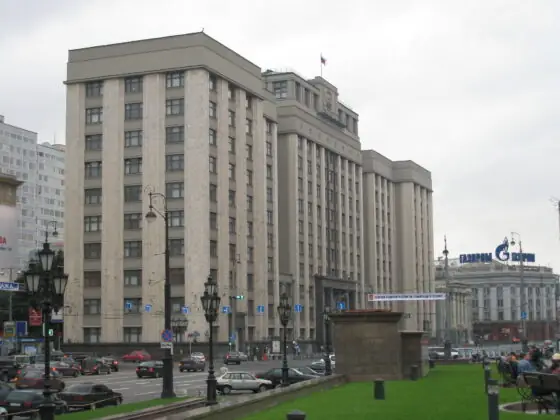Studies of post-conflict settlement have shown that political decentralization rarely eliminates ethnopolitical violence. Yet, some form of decentralization often has to be used as a confidence building mechanism in the initial phases of rebuilding war-torn states. This challenge—balancing between central authority and group interests—is particularly acute in ethnically fragmented societies with a history of weak government. Under collapse of governance, ethnic identity becomes a powerful and sometimes the principal mobilizing force in pursuit of political and economic interests, increasing the likelihood of interethnic factionalism, rivalry, tensions, and violence. It is not surprising therefore that the United States and international organizations have pushed for power sharing and some form of federal or confederate institutions for a post-Taliban transitional government in Afghanistan following the military victories of the Northern Alliance and the U.S.-led international coalition in late 2001. […]
Memo #:
210
Series:
1
PDF:
PDF URL:
http://www.gwu.edu/~ieresgwu/assets/docs/ponars/pm_0210.pdf








